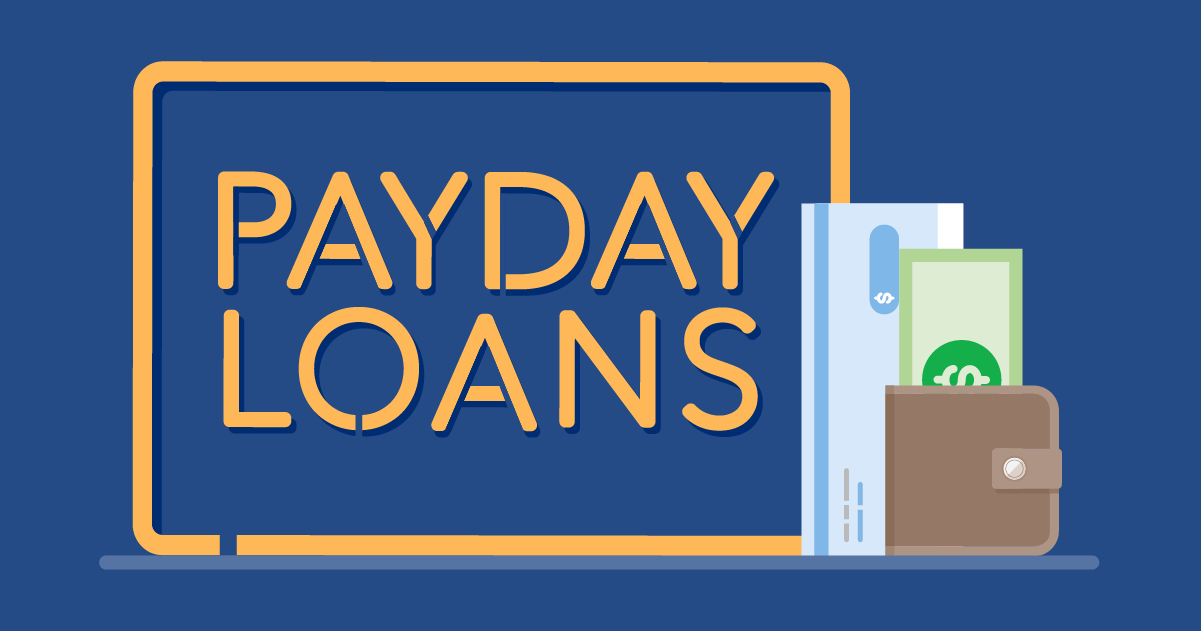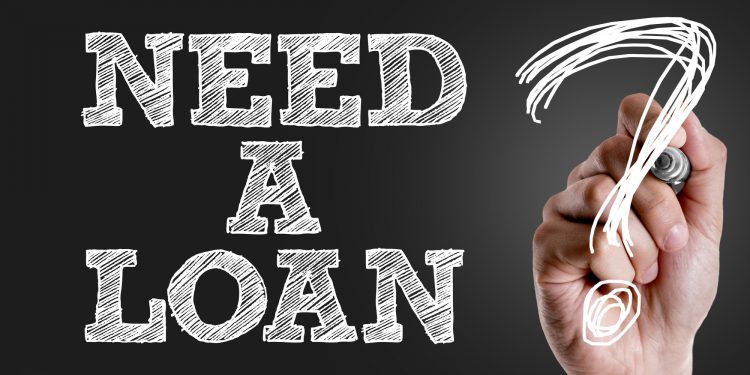Discover useful insights about Cash Advance Payday Loans before applying
A Comprehensive Overview to Home Loans: Services and Options Explained
Charting the globe of home mortgage can be intricate. Various alternatives exist, each with special attributes and implications for prospective home owners. Comprehending the differences between government-backed and standard fundings is crucial. The application process involves careful documents and pre-approval steps that lots of ignore. As debtors begin on their home-buying journey, recognizing exactly how to handle these obligations effectively might suggest the distinction between economic security and difficulty. What techniques can encourage them on this course?
Comprehending Home Loans: Types and Terminology
Understanding the various sorts of home mortgage and their connected terminology is essential for prospective property owners, as it equips them with the expertise required to make informed financial choices. Home mortgage can be extensively classified into adjustable-rate and fixed-rate home mortgages. Fixed-rate mortgages maintain a consistent interest rate over the life of the financing, supplying stability in regular monthly settlements. Payday Loans. Conversely, variable-rate mortgages feature interest rates that might fluctuate after a first fixed duration, possibly causing lower first settlements but boosted future prices
Added terms is essential for quality. Principal describes the financing amount obtained, while passion is the cost of loaning that quantity. The term of the financing shows its period, generally varying from 15 to 30 years. Comprehending these basic concepts enables prospective purchasers to navigate the complicated landscape of home funding, guaranteeing they select the appropriate loan alternative that aligns with their economic scenario and long-term goals.
Standard Lendings vs. Government-Backed Loans
A substantial distinction in home funding exists between government-backed financings and conventional finances, each satisfying various consumer needs and conditions. Conventional loans are not insured or ensured by the government and generally call for greater credit report and deposits. They are often attracting customers with secure financial backgrounds, as they may offer affordable rates of interest and terms.
In contrast, government-backed loans, such as FHA, VA, and USDA finances, are designed to aid specific teams of consumers, consisting of first-time property buyers and experts. Installment Loans. These financings normally feature lower deposit requirements and more versatile credit rating standards, making them accessible to a broader series of individuals
Inevitably, the choice between conventional and government-backed financings depends upon the debtor's economic situation, long-term objectives, and qualification, making it necessary to very carefully assess both alternatives prior to making a choice.

The Function of Rates Of Interest in Home Funding
Rates of interest play an essential function in home funding, affecting debtors' decisions between fixed and variable price lendings. The choice in between these choices can considerably impact month-to-month payments, impacting total affordability. Recognizing exactly how rate of interest prices function is vital for any individual navigating through the mortgage process.
Fixed vs. Variable Prices
Property buyers encounter a vital decision when choosing in between fixed and variable prices, as this option substantially affects the cost of financing in time. Fixed-rate home mortgages provide stability, securing a rate of interest for the life of the finance, which can be useful in an increasing interest price atmosphere. This predictability allows homeowners to budget better. Conversely, variable-rate mortgages, or variable-rate mortgages (ARMs), typically start with lower first prices that can rise and fall based on market problems. While this might result in reduced initial settlements, customers encounter the danger of enhanced prices in the future. Inevitably, the choice in between variable and fixed prices relies on private economic situations, danger resistance, and expectations concerning future passion price fads.
Impact on Regular Monthly Repayments
When reviewing home funding alternatives, the influence of rates of interest on monthly settlements is a vital variable to ponder. Rate of interest rates directly influence the general cost of borrowing, influencing just how much a customer will pay each month. A lower rates of interest cause smaller sized regular monthly repayments, making homeownership a lot more economical. Conversely, greater prices can substantially raise monthly commitments, possibly stressing a home owner's spending plan. In addition, the lending term plays a vital duty; longer terms might spread out repayments out but can result in paying more rate of interest gradually. Recognizing exactly how rate of interest interact with car loan quantities and terms is necessary for consumers to make informed monetary decisions and select a home loan that aligns with their long-lasting monetary goals.
Home Mortgage Brokers vs. Straight Lenders: Which Is Right for You?
When thinking about a mortgage, potential borrowers need to recognize the distinctive functions and responsibilities of mortgage brokers and direct lending institutions. Each alternative offers its very own advantages and drawbacks, which can significantly influence the overall price of financing. An informed selection calls for cautious evaluation of these aspects to figure out the most effective fit for private requirements.
Duties and roles Specified
Steering the intricacies of home funding requires a clear understanding of the duties and responsibilities of mortgage brokers and direct lenders. Home loan brokers function as intermediaries, linking borrowers with loan providers. They analyze a consumer's monetary circumstance, curate funding choices, and guide clients with the application procedure, usually leveraging several lending institution partnerships to secure desirable terms. Alternatively, direct loan providers, such as financial institutions and credit scores unions, offer finances straight to customers. They take care of the entire loan procedure, from application to funding, with a focus on their own items. Each choice presents unique avenues for obtaining financing, making it necessary for borrowers to examine their preferences and needs when determining in between engaging a home mortgage broker or dealing with a direct loan provider.
Cons and pros Contrast
Picking in between a home loan broker and a straight lending institution can substantially impact the home financing experience, as each alternative offers one-of-a-kind benefits and downsides. Home mortgage brokers function as middlemans, supplying accessibility to several loan providers and potentially better prices, while streamlining the loan procedure. They may charge fees and rely on commission frameworks that might affect their suggestions. On the other hand, straight lending institutions simplify the process by using in-house finances, which can result in quicker approvals and fewer complications. Alternatively, they might have a limited selection of products and less flexibility concerning rates. Inevitably, the decision rests on private choices, financial situations, and the desired level of support throughout the mortgage journey.
Price Ramifications Evaluated
While assessing the price implications of home mortgage brokers versus direct lenders, prospective home owners have to consider various aspects that can substantially influence their overall expenditures. Mortgage brokers commonly charge fees for their solutions, which can vary considerably, affecting the total financing expense. They commonly have accessibility to a broader range of lending products and affordable prices, potentially conserving consumers money in the long run. Alternatively, direct lending institutions may provide a more simple process with perhaps lower upfront costs, however their financing options might be restricted. It is crucial for property owners to contrast rate of interest prices, fees, and terms from both brokers and lending institutions, ensuring they make an enlightened choice that straightens with their economic goals and requirements.
The Mortgage Application Process: What to Expect

The mortgage application process can commonly really feel intimidating for numerous applicants. It commonly starts with collecting needed documents, consisting of evidence of revenue, credit rating, and personal identification. Lenders use this details to evaluate the applicant's monetary security and establish finance eligibility.
Next, applicants submit an official application, which might entail completing online forms or supplying information personally. Throughout this phase, lenders evaluate more info here different aspects, such as debt-to-income proportion and credit see this website report rating, to select loan terms.
Once pre-approved, the loan provider will certainly carry out a comprehensive appraisal of the home to establish its value aligns with the financing amount. This phase may also consist of extra background checks.

After final authorizations and conditions are fulfilled, the loan is processed, resulting in the closing phase. Understanding each step encourages applicants, making the journey smoother and extra convenient as they move towards homeownership.
Tips for Handling Your Mortgage Properly
Effectively navigating the mortgage application process is just the beginning of a liable financial trip. Managing a mortgage needs focus to a number of essential practices. Initially, consumers need to develop a clear budget that fits regular monthly home loan payments, residential property tax obligations, and insurance policy. On a regular basis assessing this budget assists stop overspending and assurances timely settlements.
Furthermore, making added settlements when possible can substantially minimize the lending principal and total interest paid in time. Consumers need to likewise keep open lines of communication with their lender, particularly in times of financial trouble. This can lead to possible solutions such as funding alterations or refinancing choices.
It is advisable to keep track of credit rating scores routinely. A good credit history can provide opportunities for much better finance terms in the future. Payday Loans. By complying with these tips, property owners can browse their car loan duties effectively, guaranteeing long-lasting economic health and security
Often Asked Questions
What Are Closing Expenses and Just How Are They Calculated?
Closing prices incorporate fees related to completing a home mortgage, consisting of appraisal, title insurance policy, and finance origination charges. These costs typically vary from 2% to 5% of the car loan amount, differing based on location and lender.
Can I Get a Home Mortgage With Bad Credit History?
Yes, individuals with bad credit rating can certify for a home lending, though options may be restricted. Lenders usually need higher down repayments or rate of interest, and discovering government-backed loans might enhance possibilities of authorization.
What Is Home loan Insurance coverage and When Is It Required?
Home loan insurance secures lending institutions against default and is normally required when a customer makes a deposit of much less than 20%. It ensures that lenders recover losses if the borrower falls short to pay back the finance.
Exactly How Does Refinancing Job and When Should I Consider It?
Refinancing includes replacing a current home mortgage with a new one, typically to secure a reduced rate of interest or adjustment funding terms. Home owners should take into consideration re-financing when rates of interest go down significantly or their financial situation improves.
What Takes place if I Miss a Home Loan Settlement?
If a home loan repayment is missed, the lending institution typically evaluates late charges, reports the misbehavior to credit history bureaus, and may launch repossession process if repayments continue to be neglected, eventually threatening the house owner's residential or commercial property.
Fixed-rate mortgages maintain a consistent rate of interest rate over the life of the finance, supplying security in monthly settlements. A substantial difference in home funding exists between government-backed loans and conventional fundings, each catering to different consumer requirements and circumstances. In contrast, government-backed finances, such as FHA, VA, and USDA financings, are designed to aid details teams of debtors, consisting of new buyers and experts. Rate of interest rates play a vital duty in home funding, affecting consumers' choices in between variable and set price car loans. Fixed-rate home browse around this site loans use stability, securing in a rate of interest price for the life of the lending, which can be helpful in a rising interest rate environment.